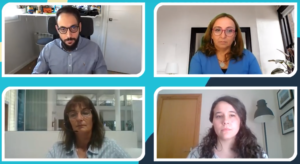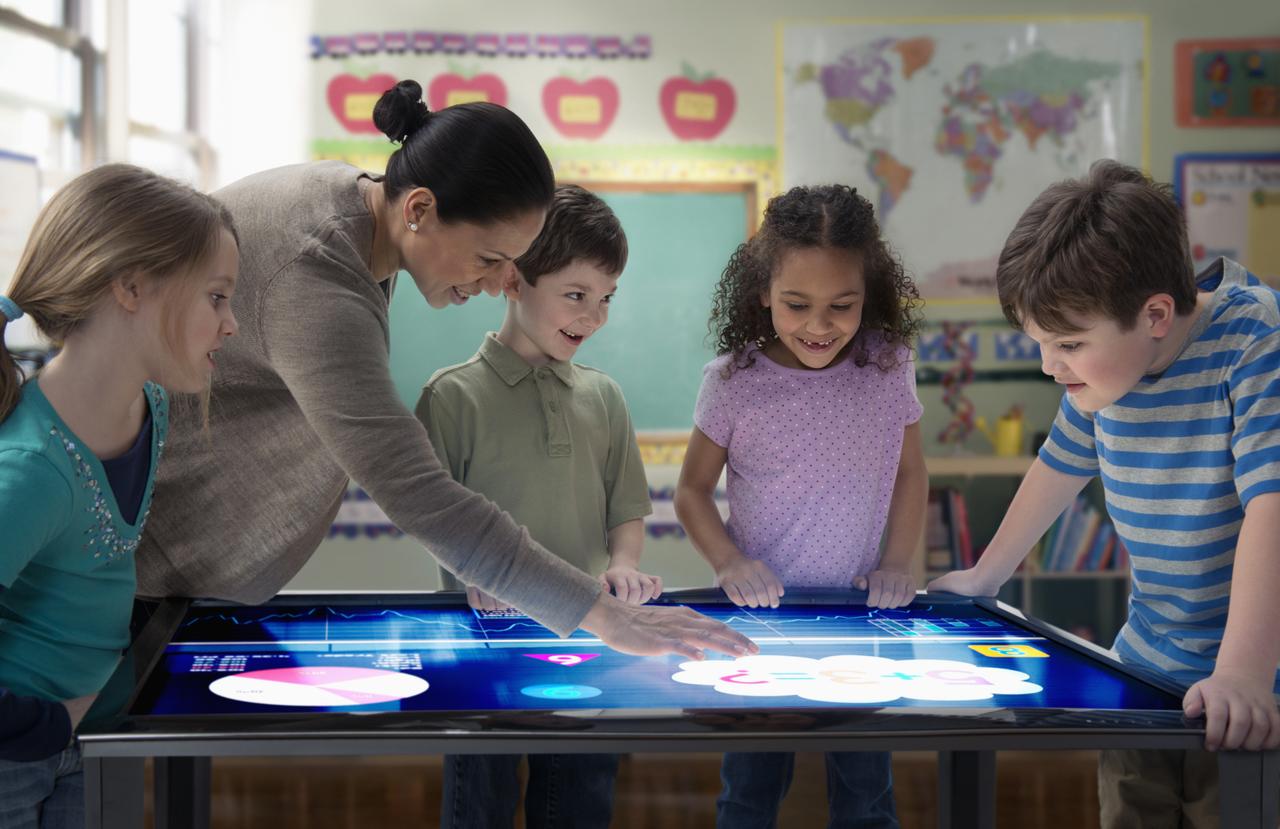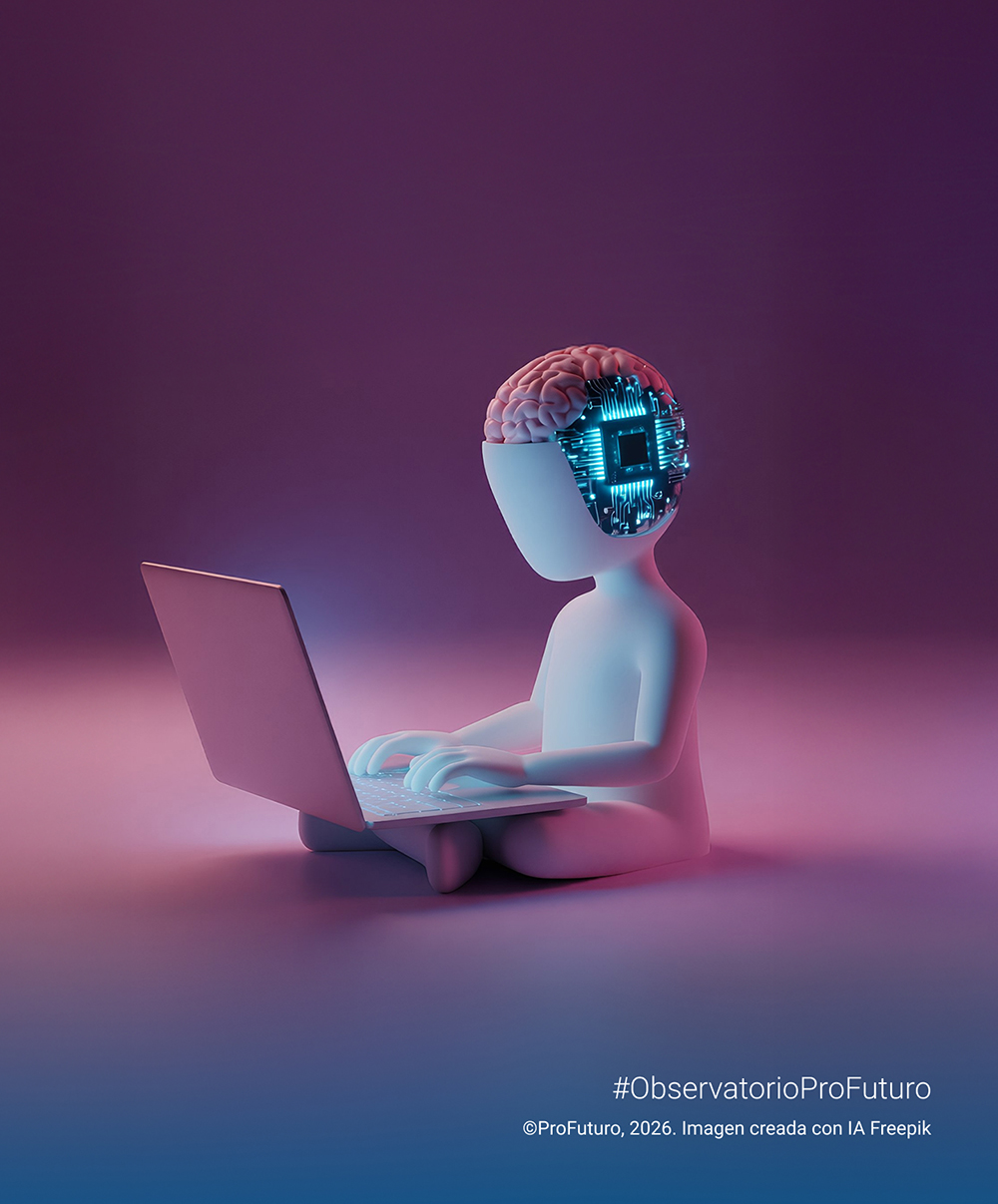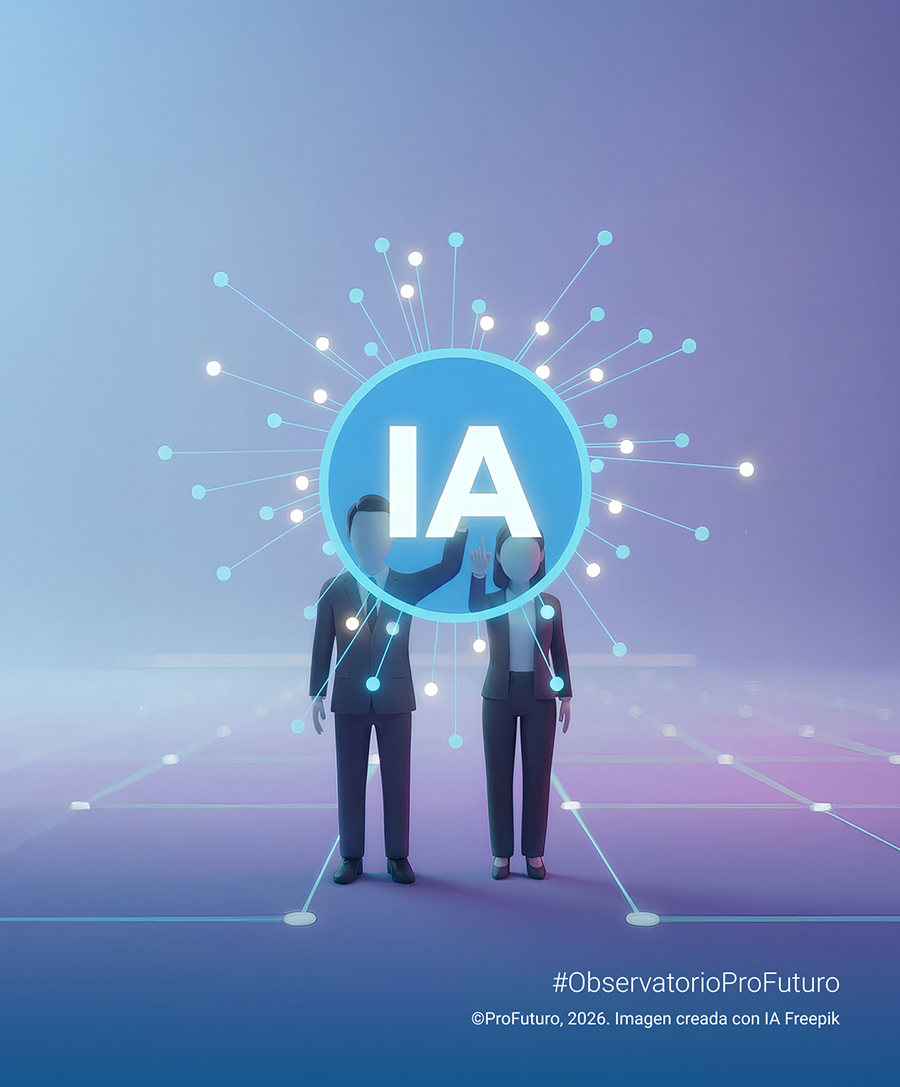How many times have you heard or used the word algorithm in the last few months? I am sure there are many. The algorithm that snoops on me, the one that knows what films I like, what music I listen to or even how often I buy detergent or hair shampoo. But do you know what it is? What has undoubtedly become the buzzword of recent years and which we all associate with technology, computers and artificial intelligence, was invented in the 8th century, many years before the first computer was even an idea. Therefore, its definition (or at least its essential definition) cannot have many technological components. What is an algorithm? A set of ordered instructions that allow us to find the solution to a problem. In the 21st century, the technological revolution, the algorithm has become an essential part of the way machines think: computational thinking.
And how does a machine think? Well, among the thought processes included in computational thinking we have the collection and analysis of data, the abstraction of this data to create an algorithm, the decomposition of the problem into small parts… All this (and some other things) is computational thinking. And we as humans can learn to use this way of thinking to deal with different life situations. So, no. Computational thinking is not only about learning programming. It goes much further. As Professor Moussa Boumadan, Doctor in Education, psycho-pedagogist and primary school teacher, explains, “it is an attitude towards life… today we must learn to read the world also from a computational point of view”. He told us in this interesting conversation on computational thinking.

Indeed, 21st century societies today have made the incorporation of computational thinking into all education systems a vital necessity for the education of children and young people. This discipline not only allows us to interact with the surrounding machines, thus increasing our chances of social and occupational integration, but also develops a series of skills and competences that are absolutely crucial for us to function successfully in the new society of the 21st century. Soft abilities “such as the skill to persevere and to be able to learn from mistakes, which computational thinking, being a very didactic process, naturally stimulates… flexibility and the improvement of creative capacity, as we confront children to be constructors in their own development process and to have to solve problems that have numerous possibilities of resolution. But it also stimulates the development of teamwork and communication, as they have to explain their project to others,” explains Professor Boumadan.
ProFuturo’s proposal
For all these reasons, at ProFuturo we set out to bring computational thinking to the schools we work with and we did so with a very different approach, “creating a very broad catalogue of experiences that adapt to different teaching models and that allow teachers to link it to different subjects”, says Marina Sanz, from the product and innovation area of Fundación ProFuturo. Once the proposal is available, they will be able to access “challenges linked to mathematics, science or art; and this will allow children to develop computational thinking in different situations and to respond to a variety of challenges, not only technological ones. Our proposal aims to break with the traditional model, bringing active methodologies into the classroom so that children can work with their classmates to solve challenges, produce their own solutions and communicate them and learn from the process, which is the most important thing”
Challenges for teachers
But how do teachers face the challenge of teaching a discipline like computational thinking? According to Cristina Araya, teacher and head of educational projects at Fundación Telefónica Movistar Chile, “Today, the biggest challenge for us has to do with being able to move from the pedagogy of the answer to the pedagogy of the question. Questions that have to do with incorporating computational thinking as a way of thinking in the classroom. The biggest challenge for us, teachers, has to do with being able to incorporate this transformation process into the didactic design of the classroom”
Computational thinking in vulnerable contexts
But computational thinking is also particularly valuable in vulnerable contexts, where ProFuturo does much of its work. As Beatriz Ríos, education coordinator at Fundación Telefónica Movistar Uruguay, explains, “the great value of computational thinking is precisely the possibility of divergence, of being able to go down different paths and to be able to make your own… To understand that all answers are possible. That change is possible. In this way, children who come from homes where situations of violence are very strong in many cases, can begin to have the ability to listen, to respect and manage time from another place, to understand that what the other person says is also valid, and above all, that they are listened to, which improves their self-esteem. Computational thinking gives them the possibility of being able to expand their world and their possibilities: they begin to see that, little by little, they are able to solve things; and that is extremely valuable because, many times, they not only propose to change their situation, but to change the situation of their context, things that their parents had not even imagined or did not believe they could do.”
The possibilities of computational thinking in education and, through it, in social change are huge and transcend the merely technological. At ProFuturo we have taken good care in developing a unique and differential pedagogical proposal, in order to develop this incredible potential. If you want to know more, stay tuned to our communication channels.






